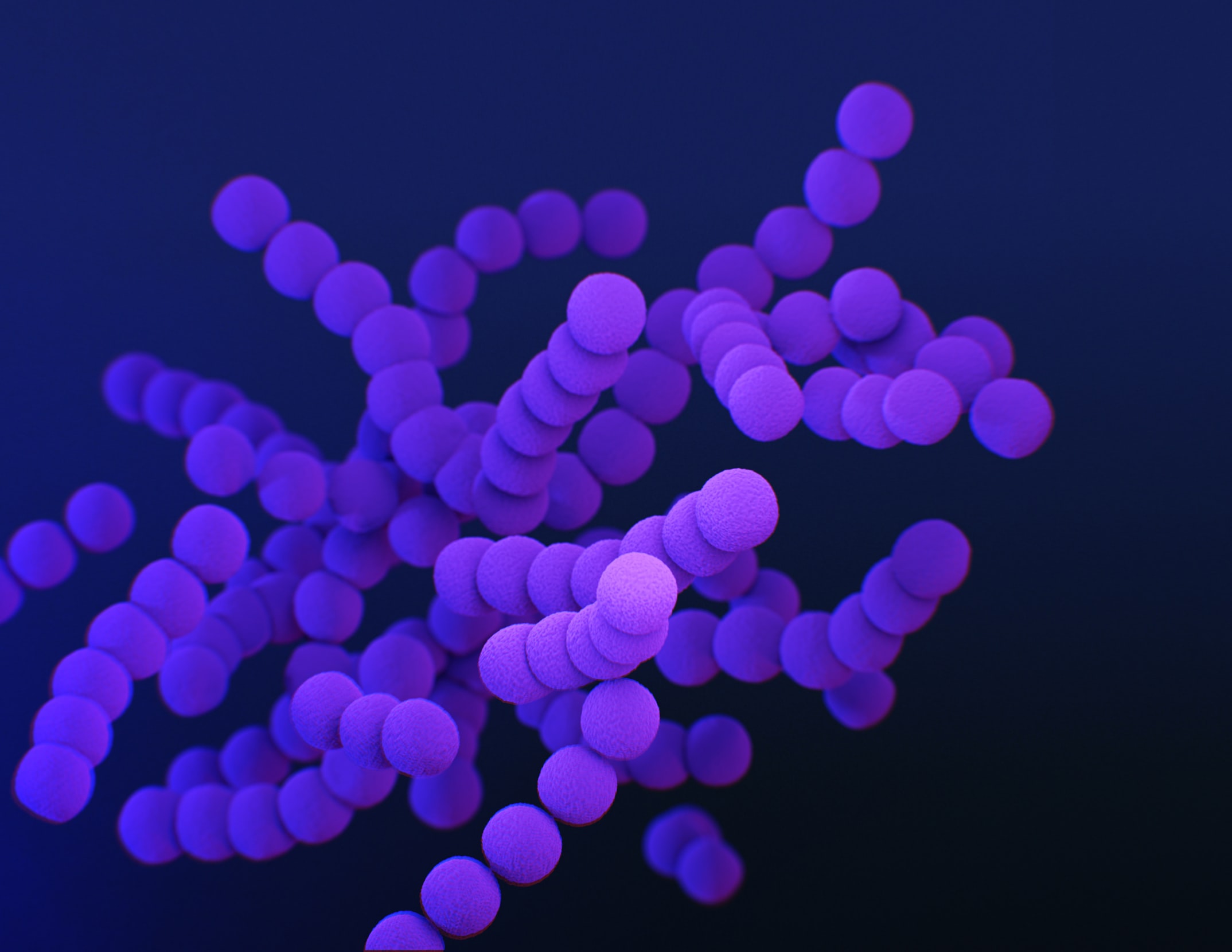You've heard about the Coronavirus outbreak in China. What can you do today to protect yourself and others from this scary new viral outbreak?
What is Coronavirus?
Coronavirus (CoV) refers to a family of viruses that cause illness ranging from the common cold to more severe respiratory syndromes. The current outbreak is a new variety called the Wuhan Coronavirus or 2019-nCoV. It was first identified in Wuhan, China in December 2019 and it can cause mild to severe respiratory illness with fever, cough, and difficulty breathing.
As of January 29, 2020, there are more than 6,000 confirmed cases worldwide and the virus has been reported in 28 different countries. As of February 10th, 13 cases have been identified in the U.S. and the CDC is monitoring the outbreak closely.
How is Coronavirus transmitted?
One of the ways in which human coronavirus is commonly spread is by touching surfaces with the virus on it. Although the CDC is still learning about this new version of the virus, it has been confirmed to have human-to-human spread, most like through respiratory droplets.
How can I protect myself and others from Coronavirus?
It is currently flu and respiratory disease season. The CDC recommends that the most effective protection from Coronavirus is to take all the daily precautions we would normally take during flu season.
Read More: 5 ways to protect yourself during flu season
These preventative actions include:
- Wash your hands frequently with soap and water for 20 seconds. Use 70% alcohol-based hand sanitizer if soap and water are not available.
- Avoid touching eyes, nose, and mouth with unwashed hands.
- Avoid close contact and sharing eating utensils with people who are sick.
- Cover your coughs and sneezes with a tissue or a shirt sleeve, not your hands.
- Clean and disinfect frequently touched surfaces, such as toys and doorknobs, especially if someone is sick.
- Get vaccinated and take flu antivirals if prescribed.
For businesses:
- Disinfect common high-touch surfaces such as doorknobs, light switches, tabletops, and phones with an EPA-registered disinfectant with coronavirus claims.
- Confirm that surfaces stay wet for the required dwell time to ensure effective disinfecting.
Which disinfectants are most effective against Coronavirus?
- Concentrated products include Citra-Cide, NDC 128, and Retaliate at the proper dilution ratio.
- Ready-to-use products include Turbo Kill and Peroxide RTU Disinfectant Cleaner.
- For food contact surfaces, use Sani-Cide Plus.
Read More: Avoid these seven pitfalls that will deactivate your disinfectant
The Clean Up:
There are some things that we still don't know about about this new strain of Coronavirus. However, the most effective way to protect yourself from transmission is to follow the usual flu season hygiene protocols. This includes hand washing and disinfecting high touch surfaces with the proper disinfectants. If you have any questions please contact your Maintex Sales Consultant for more information.
This post was updated after publication to take into account evolving EPA guidance on emerging viral pathogen claims for disinfectants.



